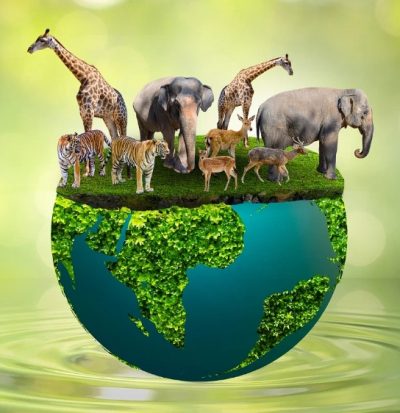About Us
Welcome to our animal knowledge dissemination blog! We’re dedicated to sharing fascinating insights into the diverse world of wildlife. From understanding animal behaviors and habitats to exploring conservation efforts and fostering compassion, we strive to educate and inspire. Join us on this journey to expand your understanding of animals, promote awareness, and advocate for their protection. Let’s make a positive impact together in preserving the wonders of our planet’s precious biodiversity
You Have the Power to save the Wildlife Worldwide

Animals play a crucial role in our world, contributing to the balance and well-being of ecosystems and serving as companions, sources of food, and subjects of scientific research. Their significance encompasses various aspects, ranging from environmental sustainability to human health and emotional fulfillment.
One of the fundamental roles animals fulfill is in maintaining ecological balance. As integral parts of ecosystems, they participate in nutrient cycling, seed dispersal, and pollination, ensuring the health and diversity of habitats. For instance, bees are indispensable pollinators critical for the reproduction of many plant species, including those that humans rely on for food.
Furthermore, animals are essential for human sustenance. Livestock, such as cattle, pigs, and poultry, provide a significant portion of the world’s protein sources. Additionally, fish and other aquatic organisms are primary protein sources for millions of people worldwide. Moreover, wild animals contribute to biodiversity and genetic diversity, which are vital for developing resilient and adaptable ecosystems.
Beyond their ecological and utilitarian roles, animals also offer companionship and emotional support to humans. Pets, such as dogs and cats, provide companionship, alleviate loneliness, and offer emotional support to their owners. Interacting with animals has been shown to reduce stress, anxiety, and depression, enhancing overall well-being and quality of life.
Animals also serve as subjects of scientific research, contributing to advancements in medicine, agriculture, and conservation. Medical research involving animals has led to the development of life-saving treatments and vaccines for numerous diseases, benefiting both humans and animals alike. Furthermore, studying animal behavior and physiology provides insights into evolutionary processes and ecological interactions, informing conservation strategies and ecosystem management.
In conclusion, animals are indispensable to the functioning of ecosystems, the sustenance of human populations, and the promotion of emotional well-being. Recognizing and respecting the importance of animals is essential for fostering a harmonious coexistence between humans and the natural world. Conservation efforts, ethical treatment, and responsible stewardship are necessary to ensure the continued existence and welfare of animals for generations to come.
